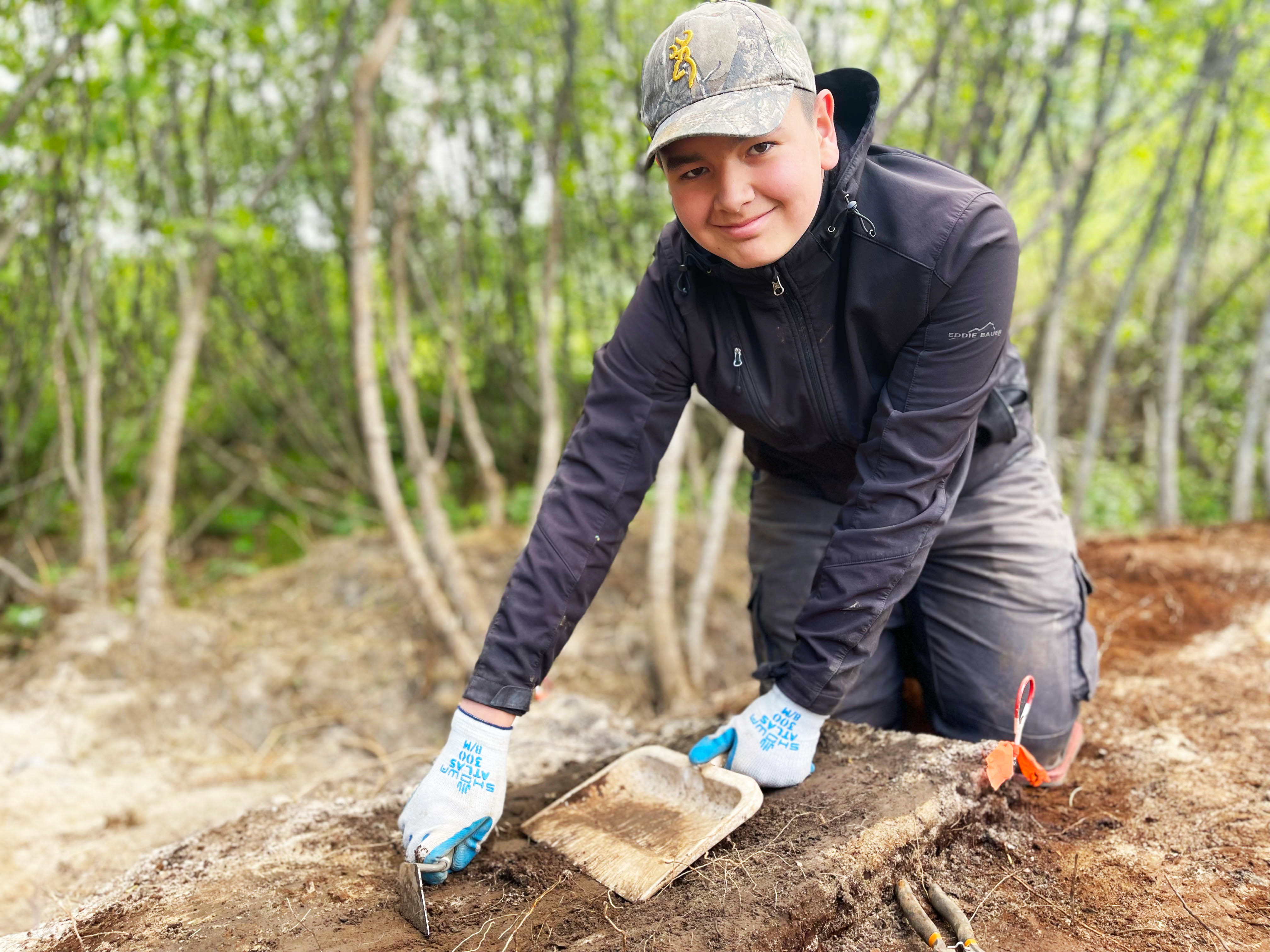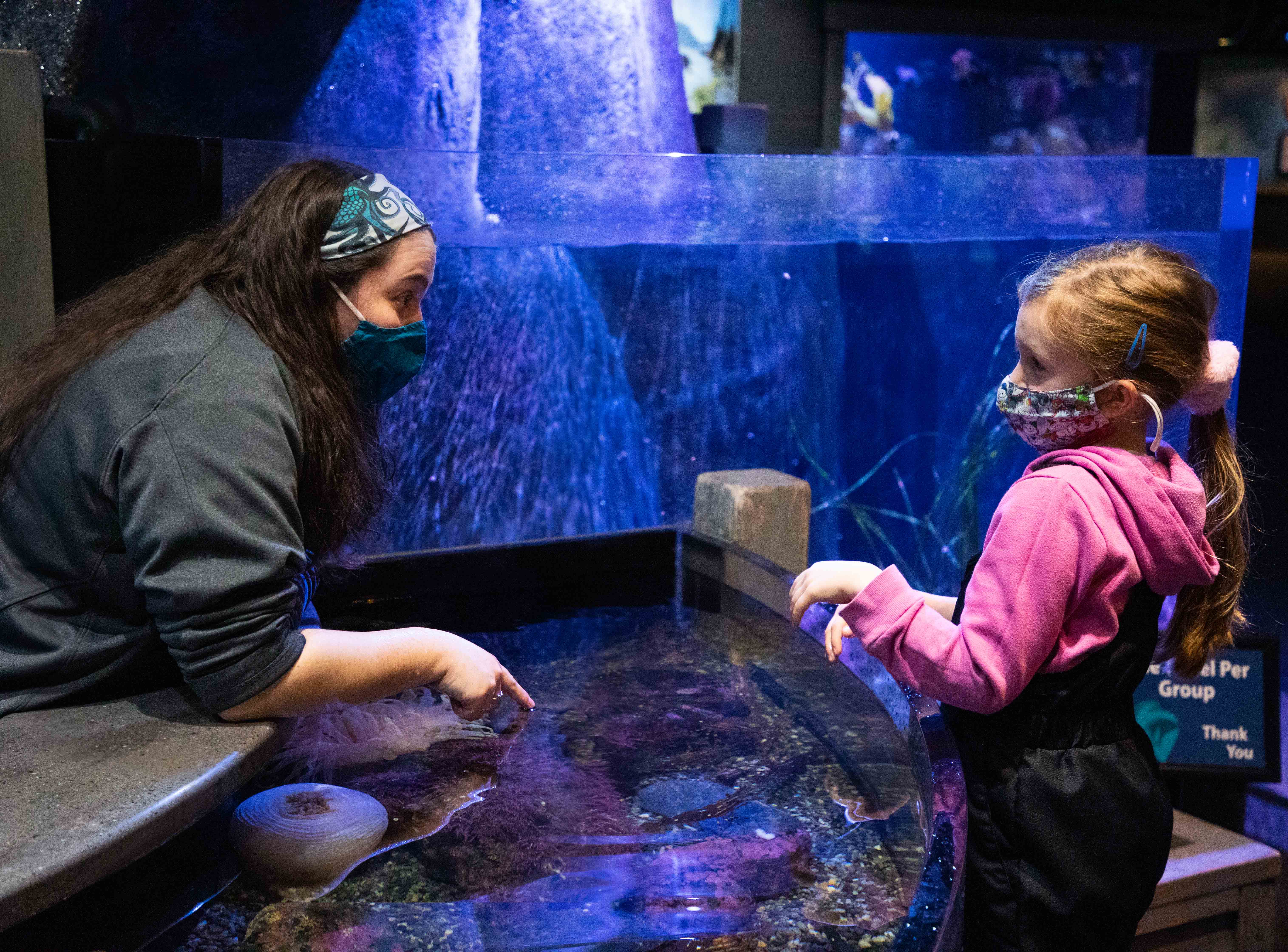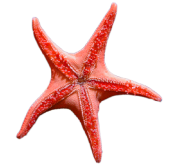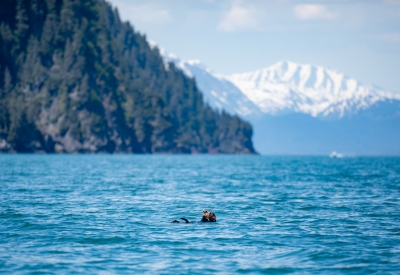CORaL Network Brings Together Six Alaskan Conservation Organizations June 24, 2022
EVOSTC (Exxon Valdez Oil Spill Trustee Council) has funded a five-year, $12.5 million dollar project focused on education and outreach that will create and maintain a framework that builds the capacity of existing resources within the Exxon Valdez oil spill impacted region. The project ensures that current scientific information, skills, and activities are publicly accessible and serve community needs. It will also incorporate local and traditional knowledge into future research.
“We are thrilled to receive EVOSTC support for this innovative multi-year proposal. There is immense potential for an active, collaborative, cross-sector network to positively impact ecosystems and communities that continue to be affected by the 1989 oil spill,” said Wei Ying Wong, Ph.D., Chief Science and Education Officer of the Alaska SeaLife Center.
The CORaL (Community Organized Restoration and Learning) Network is a collaboration between six organizations: Alaska SeaLife Center, Alaska Sea Grant, Alutiiq Museum and Archaeological Repository, Center for Alaskan Coastal Studies, Chugach Regional Resources Commission, and Prince William Sound Science Center.
“The Prince William Sound Science Center is excited to collaborate with our CORaL Network partners. This community-centered network will foster new connections between scientists, educators, and people throughout the spill-affected region and will lead to scientific outreach that is co-created and culturally responsive,” said Katrina Hoffman, President and CEO of Prince William Sound Science Center.
The six organizations are located throughout the impacted regions from the Exxon Valdez Oil Spill ranging from Prince William Sound, Homer, and Kodiak Island.
"The Center for Alaskan Coastal Studies in Homer, AK is ecstatic to be part of the CORaL collaborative project. We are honored to help facilitate conversations between traditional ecological knowledge holders and EVOSTC-funded scientists and co-create relevant and rewarding outreach and internship programs that benefit local communities,” said Beth Trowbridge, Executive Director of the Center for Alaskan Coastal Studies.
The CORaL Network will create multiple pathways for participation including a network website, community sharing, cultural and communication competency learning opportunities, community science and outreach resources, and an intern institute.
“Internships are a key part of this five-year project. As a Native organization, we are especially looking forward to the opportunity to mentor young people in heritage preservation. Students will have valuable opportunities to work beside our professional staff and to learn about archaeology, collections care, and public outreach. This work will build cultural competence and pride in students of all heritages.” said April Laktonen Counceller, Ph.D., Executive Director of the Alutiiq Museum.

(Photo right: Hunter Simeonoff, a CORaL summer intern at the Alutiiq Museum, participates in excavations at the Nunalleq site, Kodiak Island, June 2022. Photo Courtesy of the Alutiiq Museum)
The project aims to coordinate science outreach between organizations, engage regional youth in the STEM fields (science, technology, engineering, and math) with the help of scientists, and sustain capacity-building activities such as learning opportunities and internships.
“Alaska Sea Grant is excited to join the network and bring our experience working in partnerships to provide outreach and education to coastal communities. In addition to promoting youth, scientific, and community engagement, one of our first efforts will be a data visualization app to collect real-time community observations and turn them around in a useful, accessible format,” said Leigh Lubin, Education Specialist of Alaska Sea Grant.

“Chugach Regional Resources Commission is honored to be a part of the CORaL Network project. In direct response to our tribal member's concerns, the network will coordinate regular meetings between local elders, community members, scientists, educators, and outreach specialists where tribes most impacted by the spill will be given the opportunity to collaborate to ensure science and communities are mutually informed by co-created knowledge,” said Willow Hetrick, Executive Director of Chugach Regional Resources Commission.
Organizations in the CORaL Network:
-
â— Alaska SeaLife Center https://www.alaskasealife.org/
-
â— Alaska Sea Grant https://alaskaseagrant.org/
-
â— Alutiiq Museum and Archaeological Repository https://alutiiqmuseum.org/
-
â— Center for Alaskan Coastal Studies https://www.akcoastalstudies.org/
-
â— Chugach Regional Resources Commission https://www.crrcalaska.org/website/
-
â— Prince William Sound Science Center https://pwssc.org/


